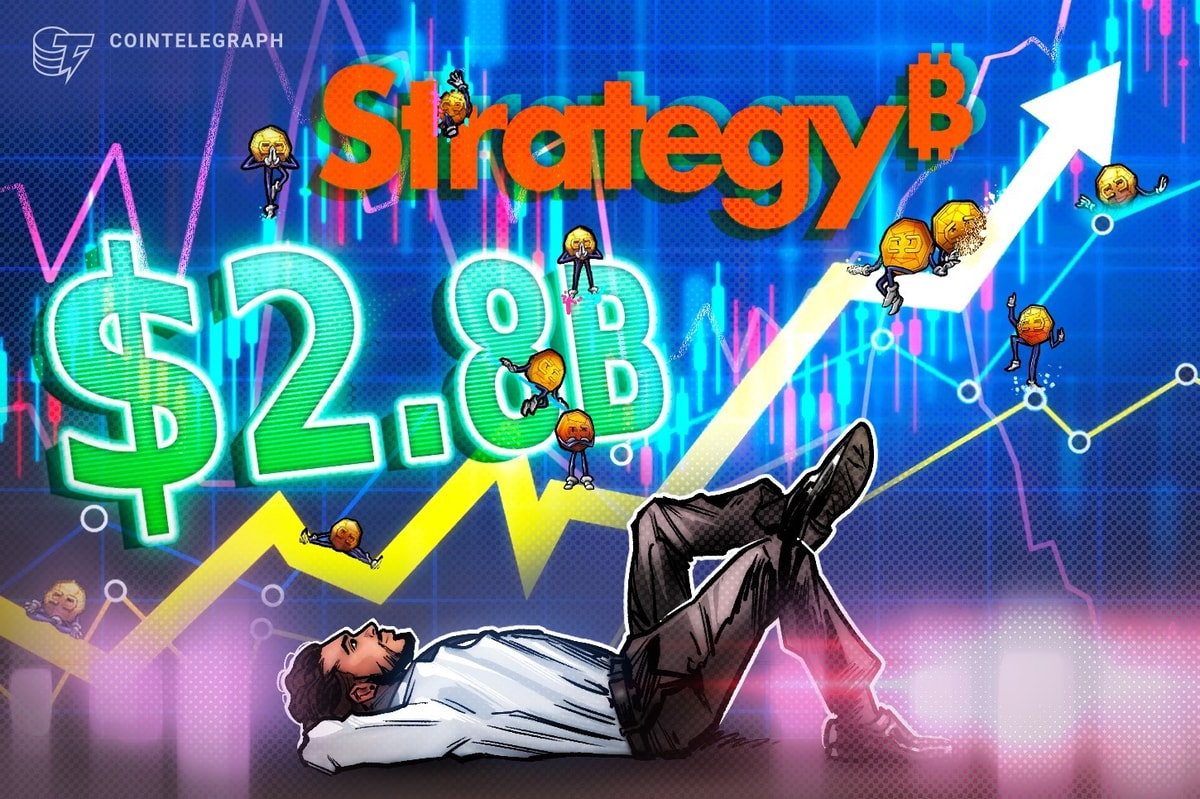Introduction: This teaching note provides college instructors with guidance on teaching students about money, including what it is, what it is not, and distinctions between different forms like fiat money and cryptocurrency.
Teaching college students about money is one of the easiest tasks. They arrive in class with a strong interest in money, motivated by their immediate needs, and naturally curious about how their future aspirations will be fulfilled by earning, holding, and investing it. This makes teaching about the role of money straightforward.
To launch your discussion of money, ask your students to define money and explain its relationship to trade, prices, labor markets, capital accumulation, economic growth, and institutions? Accept a variety of answers, pushing students to try and connect most things they call “money” to a prospering society. Conclude by saying that money is what greases the wheels of exchange. That is, money in its various forms (like fiat money or bimetallic currency) is anything that serves three functions in a society – medium of exchange, store of value, and unit of account.
Through a show of hands, ask students to choose one. On graduation, they land their first job. Which do you choose- get paid in dollars or accept Bitcoin? Record the votes.
The Three Functions of Money in a Modern Economy
As an economics instructor, it is crucial to help students understand the vital role that money plays in a modern economy. By breaking down the three primary functions of money—medium of exchange, unit of account, and store of value—students can better grasp how money contributes to a stable and prosperous society. Stable money plays critical roles in modern societies by supporting market transactions, lowering transaction costs, measuring economic activity, and preserving wealth.
Begin your discussion of what money is by displaying the three functions as listed below. Define the functions with highlights to show how it helps people in their economic lives.
Medium of Exchange
Money, such as the U.S. dollar or the Euro, is widely accepted as payment for goods, services, and resources. This acceptance makes trading significantly more efficient than bartering, which requires a direct exchange of goods for other goods. By eliminating the need for a “double coincidence of wants” between buyers and sellers, money facilitates voluntary trade and wealth creation in a complex system comprising local, national, and international economies. Money substantially reduces transaction costs, facilitating trade between partners and helping them come to agreement on the value of goods, services, and resources.
Unit of Account
Money serves as a common measure of value, allowing us to compare the worth of different goods, services, and resources. For example, we can easily determine how many hours of work are equal in value to one car or how my apples are equal in value to one computer. This function also enables us to measure economic activity, such as our take-home pay, a small business’s total revenue, a firm’s total cost, or a country’s Gross Domestic Product. The unit of account function is implicit in discussions of prices, wages, interest income, and rents, which are expressed in monetary units.
Store of Value
When inflation is stable, money can be held and exchanged later without losing purchasing power. When money functions reliably as a store of value, savers and lenders are more likely to participate in financial capital markets. This participation boosts investment and promotes capital accumulation, supports innovation, and helps spur technological advancements in ways that are not possible in a barter economy or a modern economy plagued by inflation. It is important to note that periods of surging inflation can erode money’s ability to function as a store of value.
What Money Is NOT
Knowing what money is not is equally important as knowing what it is. Money is not wealth or income.
Wealth refers to the total value of assets owned by an individual, household, or nation, minus any outstanding liabilities. Money is a financial asset that contributes to wealth, but it is not the only component of wealth. Focusing solely on money can lead to an incomplete understanding of an individual’s, business,’ or a nation’s economic well-being.
Income is the flow of money received over a period of time, typically through wages, salaries, investment, or business profits. It is distinct from money itself, which is a stock concept. Income represents the money coming in, while money represents the amount held at a given point in time.
Money vs. Cryptocurrency
Everyone has heard about cryptocurrency. It’s a digital currency that uses cryptography for security, making it hard to counterfeit. Cryptocurrencies like Bitcoin operate independently of central banks and governments, relying on a decentralized system called blockchain to record transactions and manage the issuance of new units. It’s very popular, especially among young people, but it’s important to understand how it differs from the traditional money we use daily to transact.
The money used daily is fiat currency – money that the governments say is money and is widely accepted by individuals living in households and operating businesses. In modern society, it is not backed by precious metals or other commodities. While cryptocurrency shares some characteristics with traditional money, it’s not widely accepted as payment for goods, services, or resources. Plus, its price can be really volatile, making it difficult to function as a unit of account or store of value. Finally, it lacks the backing of central authorities, putting into question its long-term viability and potential for misuse.
U.S. Dollars or Cryptocurrency?
To return to the question posed to students above, cryptocurrency is a fascinating development in the world of finance and technology, but it’s essential to understand its limitations when compared to traditional money. While cryptocurrencies like Bitcoin operate on a decentralized system and offer a unique approach to transactions, they lack the widespread acceptance, stability, and backing of central banking authorities that traditional currencies possess.
Consider the case of Odell Beckham Jr., a Cleveland Browns’ football basketball star who chose to receive his salary in Bitcoin. In November 2021, his contracted salary of $750,000 was converted into 11 Bitcoin. However, by January 2022, the value of Bitcoin had dropped by approximately 55%, reducing the value of his salary to around $413,000. Additionally, Beckham faced significant taxes based on the original U.S. dollar amount, with a combined federal and state tax rate of 50.3%. As a result, his net pay amounted to only $35,000, compared to the $373,000 he would have received if he had been paid in U.S. dollars. This example highlights the challenges of using cryptocurrency as a stable store of value, a unit of account, or a reliable medium of exchange.
Finally, the fact that the federal government does not accept cryptocurrency for tax payments further underscores its limitations as a replacement for traditional money. At the same time, the number of businesses accepting cryptocurrencies for payments and issuing gift cards is growing along with the increased popularity across wider groups of individuals.
As students, it’s crucial to stay informed about the developments in the world of cryptocurrency while also recognizing the fundamental differences between it and the money discussed in college classrooms.





























